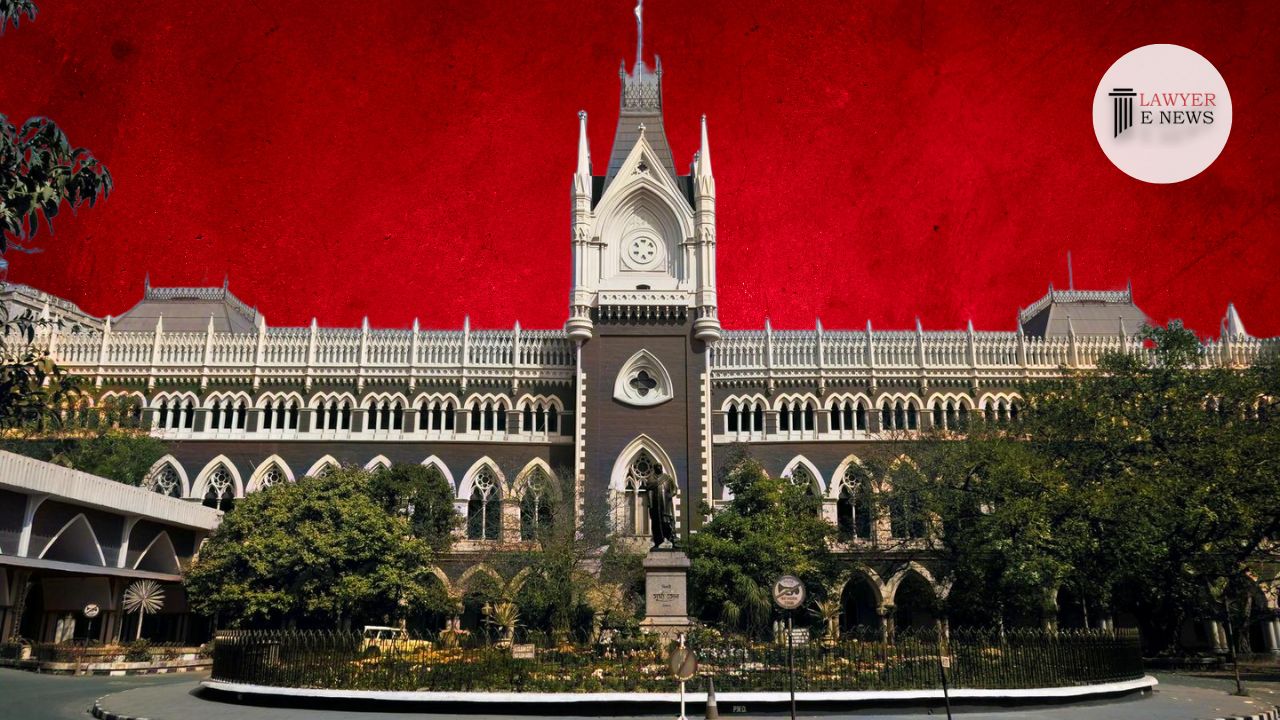-
by Admin
15 February 2026 5:35 AM



The High Court of Judicature at Calcutta has upheld the confiscation of gold and Indian currency from Shri Rajendra Kumar Damani, overturning the Customs Excise and Service Tax Appellate Tribunal's (CESTAT) decision. The judgment, delivered by Chief Justice T.S. Sivagnanam and Justice Hiranmay Bhattacharyya, emphasized the crucial role of the burden of proof under Section 123 of the Customs Act and the validity of statements recorded under Section 108, despite later retractions by the respondent.
The case originated from a raid conducted by the Directorate of Revenue Intelligence (DRI), Kolkata, where a substantial amount of cash and gold believed to be of foreign origin was seized from the premises linked to Rajendra Kumar Damani. Following the seizure, Damani's initial statements under Section 108 of the Customs Act admitted to dealing in smuggled gold. However, these statements were later retracted. The adjudicating authority initially ordered the confiscation of the seized items and imposed penalties, which was upheld by the Commissioner of Customs (Appeals). CESTAT, however, set aside these orders, leading to the revenue's appeal to the High Court.
Burden of Proof Under Section 123: The High Court underscored the significance of Section 123, which places the burden of proof on the person from whose possession goods are seized to prove that they are not smuggled. The court held that Damani failed to produce any documentary evidence to support his claim that the gold was sourced from old jewellery and not smuggled. "The onus is on the respondent to establish with documents that the gold which was seized was from and out of the old gold jewellery purchased by cash," the court observed.
Voluntariness and Evidentiary Value of Section 108 Statements: The court found that the Tribunal erred in dismissing the initial statements recorded under Section 108 as involuntary without proper examination. "Merely because the statement is said to have been retracted, it cannot be regarded as involuntary or unlawfully obtained," the court noted, referencing the Supreme Court's principles on assessing retracted statements.
Evaluation of the Tribunal's Findings: The court criticized CESTAT for shifting the burden of proof onto the revenue without first establishing that the respondent had met his burden. The Tribunal's acceptance of the respondent's claim that the gold was made from old jewellery was deemed unsubstantiated. "The finding is absolutely perverse and contrary to the scheme of Section 123 of the Act," the court stated.
Consistency and Credibility of Evidence: The High Court highlighted inconsistencies in the respondent's claims and the lack of documentary evidence. It rejected the argument that the purity of the gold alone could prove it was not smuggled. "The respondent failed to establish the source of the gold with any credible documents," the court remarked.
Chief Justice T.S. Sivagnanam noted, "The substantial questions of law are answered in favor of the revenue. The respondent's failure to discharge the burden of proof under Section 123 of the Customs Act necessitates the restoration of the adjudicating authority's order."
The High Court's judgment reinforces the legal framework governing the burden of proof in smuggling cases under the Customs Act. By overturning the Tribunal's decision and restoring the adjudicating authority's order, the court has set a significant precedent emphasizing the importance of documentary evidence and the validity of initial statements in the face of later retractions. This ruling is expected to have a substantial impact on future cases involving the seizure of goods suspected to be smuggled.
Date of Decision: 15th May 2024
Commissioner of Customs (Preventive) vs. Rajendra Kumar Damani
